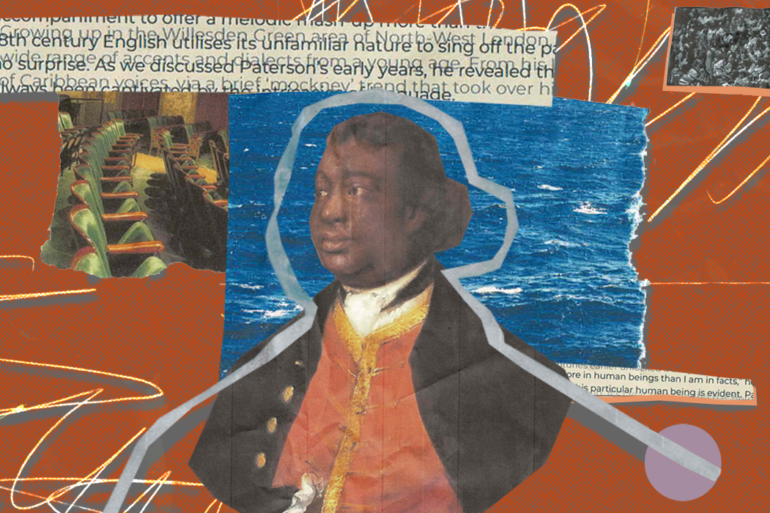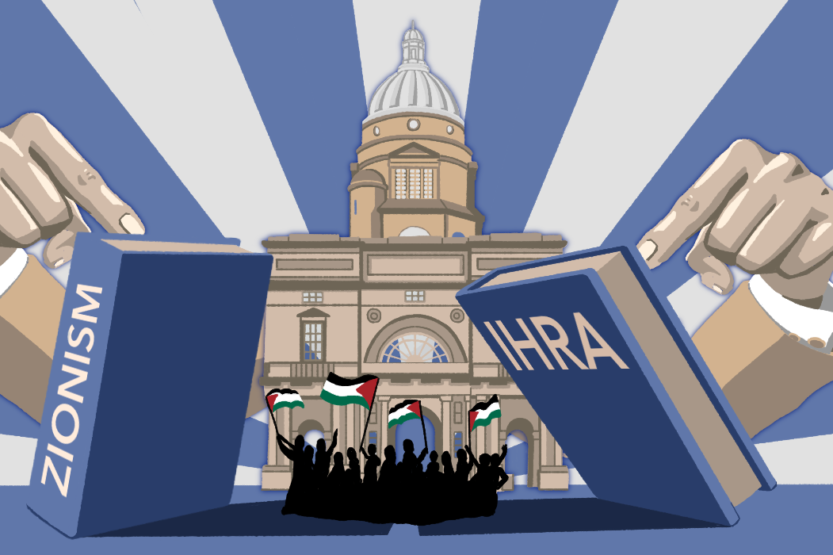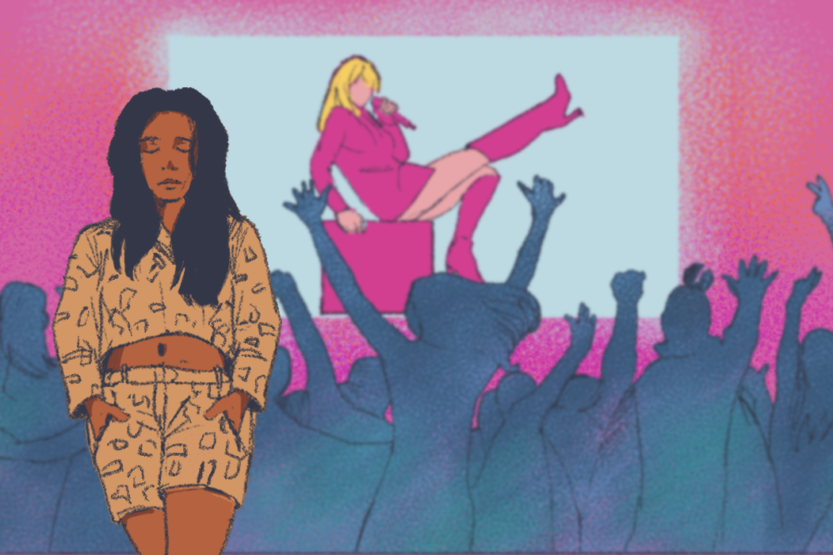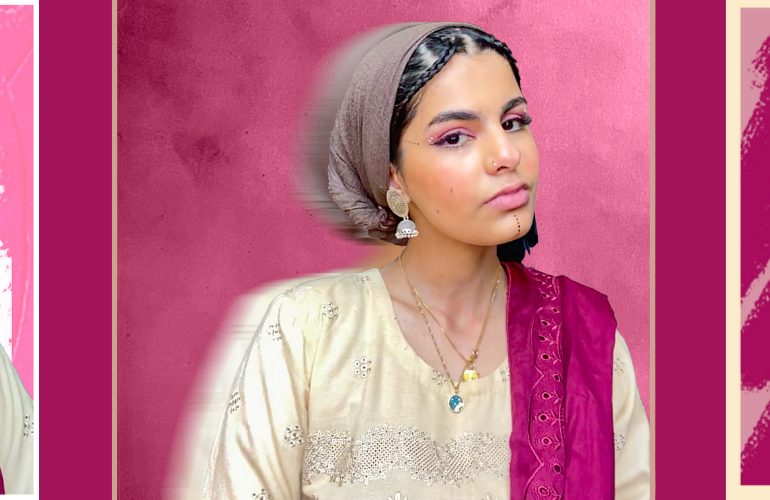Modern football has moved far beyond the game itself. Old and new powers contest and co-operate where it suits, shaping the game in ways that make it less about football, and more about money, status and image.
This year’s Champions League final, taking place today, is perhaps the best proof of this, where some of Europe’s most disliked – and perhaps most morally dubious – clubs have been thrown together. Chelsea, a club backed by a Russian oligarch closely aligned to Russian President Vladimir Putin, are playing Manchester City. City, who are backed by the Abu Dhabi ruling family, beat Paris Saint Germain in the semi finals, who themselves are effectively owned by the Qatari state.
The more engaged fans amongst us might watch this football and wonder, ‘am I being sportswashed?’

The idea of sportswashing first entered public consciousness in 2018, when Amnesty International accused Manchester City’s owners of pouring money into the club to “sportswash” the United Arab Emirates’ “deeply tarnished image”. Since then, sportswashing has been levelled at Qatar for its ownership of PSG and hosting the 2022 World Cup, and Saudi Arabia’s attempted purchase of Newcastle United.
States – and occasionally corporations – buy sports teams and host or sponsor competitions to clean up their image and make themselves appear more attractive to the wider world. By offering up a sports team as their new emblem, they distract people from their often abysmal human rights records and ongoing crimes, creating a new, positive vision of their country or corporation. Once this new idea of a country or corporation is created, sportswashing effectively co-opts people into not only supporting a team, but the country or corporation behind the team; if not as fully blown fans, at least as willing defenders.
Since entering the lexicon, sportswashing has been attributed to several recent events, such as Russia’s hosting of the 2014 Winter Olympics in Sochi and the 2018 World Cup, and the 2008 Beijing Olympics.
In Russia, hosting these events did more than obscure years of human rights abuses, domestic political repression and the killing of political opponents, but acted as cover for Putin’s actions. Russia stealthily invaded Ukraine during the last week of the Winter Olympics and commenced its illegal annexation of Crimea – Ukrainian territory it still occupies and controls. On the opening day of the World Cup, the government unexpectedly announced unpopular pension reform legislation, to raise the retirement age by eight years for women and five years for men.
The Beijing Olympics opening ceremony may well be the most spectacular sportswashing event in history. There was widespread concern about China’s role in the Darfur genocide, its poor treatment of migrant workers, China’s stance on Tibet and extraordinary pollution levels. Among many other pre-existing concerns, residents were displaced for construction of stadiums and roads, and human rights activists were arrested during the games.
The ceremony itself enabled the Chinese government to present China – and the Chinese Communist Party itself – as a modern country with ancient roots which meant no harm to anyone. As the New York Times described, “The opening ceremonies gave the Communist Party its most uninterrupted, unfiltered chance to reach a gargantuan global audience.” Pre-Olympics talk of boycotting the games was quickly replaced by global leaders falling over themselves to proclaim just how spectacular the ceremony had been. This was unabashed global praise of a kind it could only earn through hosting the Olympics.
Sportswashing has a much longer history than many imagine. The 1934 World Cup, hosted by Mussolini’s Italy, and the 1936 Olympics in Hitler’s Berlin were seen to legitimise these regimes, while on-field events endorsed their ideologies. In Germany, political figures and industrialists with reservations about the Nazis witnessed the successful Berlin games and were persuaded that Hitler could build a strong and powerful Germany. Italy won the 1934 World Cup playing a style of football that was seen as embodying fascist principles like strength, power and will. Vittorio Pozzo’s Italy was noted throughout the 1930 for its athleticism, as well as the brutality of its on-field antics leading up to the 1934 final. The Mussolini government would frequently laud such sporting success as an endorsement of its brand of fascism.
Sportswashing today is a far more complex operation. States engage in ongoing projects which soften their image – therefore making it a more welcoming place for investment – and use sports to open up new industries. UAE has established itself as something of a UFC hub, while Saudi Arabia is hosting boxing bouts and signed a ten-year deal with WWE to host wrestling in the Kingdom. The latter is part of Crown Prince Mohammed Bin Salman’s ‘Project 2030’, designed to reorient its economy away from a dependence on oil.
Football is, of course, the main theatre of sportswashing, which best highlights how it works – and why we should be worried. Currently, two of the biggest clubs in the world, PSG and Manchester City, are owned by Gulf states with terrible human rights records – and the clubs have only achieved their size and global status because of these states’ money and management.
Fundamentally, sportswashing enables states to infiltrate society and buy influence. It is a soft power tactic that is as much about its subtle, intangible effects as anything else. And while what happens in football leagues and on football pitches across Europe may not seem too consequential for the fate of the earth, as the world’s most popular sport swimming in wealth, its impact is incalculable. Owning football clubs and hosting competitions is a political and a public relations exercise.
Where Russia started its stealthy invasion of Ukraine a little more than a week after hosting the Winter Olympics in Sochi, UAE’s ownership of Manchester City is an ongoing distraction from its murderous war in Yemen. In Qatar, owning PSG and hosting the 2022 World Cup has been crucial in demonstrating its prowess. Even while Saudi Arabia and UAE engineered a blockade of the tiny state, Qatar was still able to assert itself in powerful circles. PSG’s world-record signing of Neymar was seen as a political statement by Qatar as much as a footballing decision by PSG. Saudi Arabia even used WWE to further its proxy battles: in one event, an Iranian wrestler was brought out to jeers and boos from the crowd, to be roundly defeated by wrestlers representing Saudi Arabia.
The problem is that it doesn’t matter whether sportswashing draws attention to their human rights abuses or not, as the sportswashing process attracts more interest and investment in a state’s industries than its crimes would ever deter them. It creates structures and people who have a stake in the positive image of that state. It doesn’t matter because the sportswashing process co-opts the fanbases of the teams and competitions.
When Saudi Arabia tried to buy Newcastle United, hundreds of fans changed their Twitter profile pictures to Mohammed Bin Salman, the Crown Prince and de facto ruler of the Kingdom. They even abused Hetice Cengiz, the fiancée of the murdered Saudi journalist Jamal Khashoggi, whose brutal killing was ordered by the Crown Prince. Fans smeared her as a Muslim Brotherhood stooge, a group opposed by Saudi Arabia and whose form of Islamist governance is seen as a direct challenge to the ultra-conservative kingdom. Any journalist who writes about Manchester City’s UAE ownership is quickly met by abuse from fans and accusations of agendas, ulterior motives and hidden allegiances to Qatar.
When a state buys a community institution they make their fans complicit in the laundering of the state’s image. But many fans will feel this is money their clubs rightly deserve, to raise their teams to the level of success they’ve dreamed of for years – dreams they likely shared with their families and communities, dreams which often become part of their identities. Most fans understandably don’t have the space to question a state’s human rights record during unprecedented success, success they will have spent literally their whole lives waiting for.
And this is perhaps where sportswashing gets most insidious. Fans aren’t responsible for who buys their club, but the buyers know they can tap into the emotional power of a team’s support. States who sponsor football can rely on supporters, particularly online, to continue flinging shit at journalists, activists, and concerned citizens. Sportswashing encourages fans to weaponise doubt and obfuscation against concerns over club ownership, in a PR machine that no state on earth could ever buy.
This has worrying implications for wider society, where people with allegiances to certain brands or activities can wittingly or unwittingly do an abusive state or corporation’s bidding, just because they’ve bought the thing they’ve loved for years. And this trend of sportswashing will escalate – football is merely at the forefront of a hypercapitalism spiralling out of control.
The important lesson to learn from sportswashing, though, is that before debating impossible questions like who has the right to own football clubs (and I don’t believe any state should), we need to at least agree on what’s happening. As fans we need to be aware that we can still enjoy Guardiola’s latest tactical evolution, and appreciate what a first Champions League final appearance means to Man City fans, without denying that we’re being sportswashed.
Subscribe to shado's weekly newsletter
Exclusive event news, job and creative opportunities, first access to tickets and – just in case you missed them – our picks of the week, from inside shado and out.
















